We’ve been exploring how our Global platform can be used to explore different emerging technology sectors internationally. So far, we’ve examined the AgriTech, Semiconductor and Esports and Engineering Biology industries. This time it’s the turn of Autonomous Vehicles!
Tesla recently unveiled its much anticipated ‘Robotaxi’.
Whilst the driverless car is nothing new to the autonomous vehicles sectors, Tesla has renewed the idea that the era of self-driving cars is no longer a distant dream – it’s here, and it’s accelerating quickly.
From Silicon Valley tech giants to car manufacturers globally, the race to place autonomous vehicles (AVs) on the road is redefining mobility. And, with recent collaborations, like the latest multi-year partnership between Hyundai and Waymo, autonomous driving will revolutionise transport.
As AVs promise to reduce accidents, cut emissions, and reinvent urban mobility, the question is no longer if they will change our lives, but how soon.
The rise of driverless cars
Using a combination of sensors and software, AVs are able to navigate roads, detect obstacles, and make decisions about driving without human direction or intervention.
Key players involved in AV research and development include the General Motors subsidiary, Cruise Vehicles, who revolutionised the AV industry in 2022 when it became the first company to offer driverless rides in a major city (California, USA).
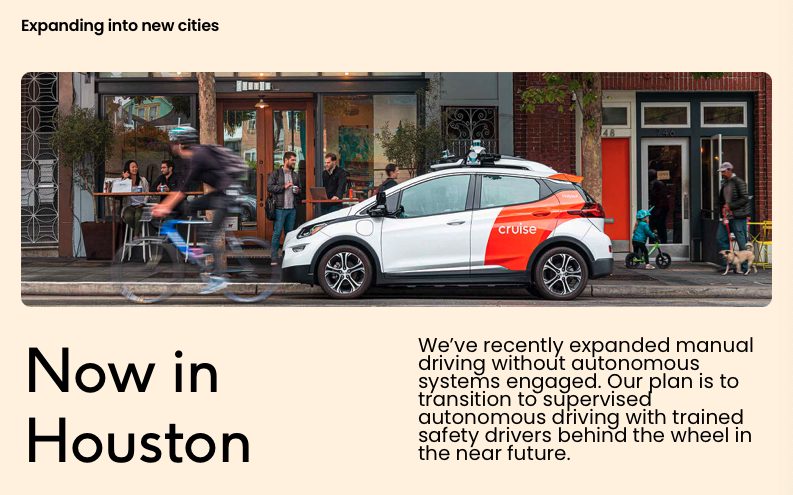
Waymo have continued to innovate the ‘driverless taxi’ subsector as they now offer the very first full autonomous ride-hailing service.
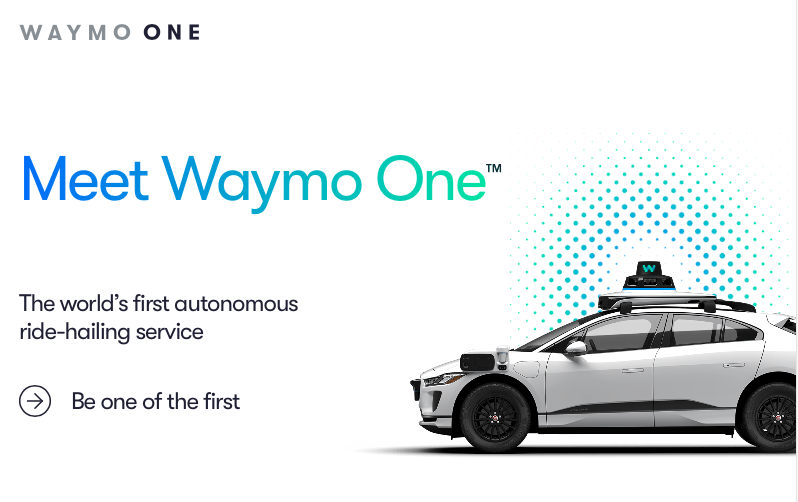
And, last but certainly not least, we return to Tesla. Whilst the company is riddled with controversy because of its eccentric owner, the company remains the face of electric and autonomous vehicles. Moreover, Elon Musk’s newest fleet of AVs, including the Robotaxi and Robovan, seem to promise ‘autonomy for all’, as the Tesla CEO hinted its arrival before 2027.
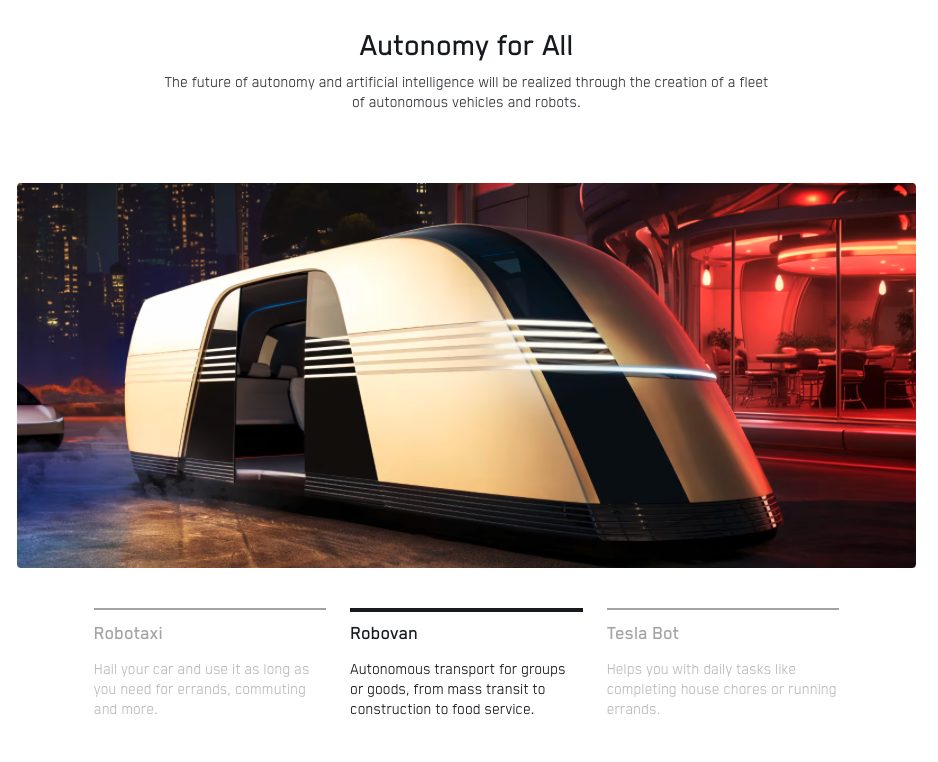
The promise of autonomous vehicles
To further assess the growth of the AV industry, I turned to our Global platform, which provides real-time industry data for 12 nations.
Then, I turned to the Autonomous Vehicles vertical that is housed within our Sensors RTIC. After that, I simply filtered for my country of interest: The United States of America.
The autonomous driving sector is predicted to generate between $300-$400 billion in revenue by 2035. And the American AV industry has emerged as a global leader for numerous reasons – from its market size and potential to the US government’s strong commitment to promoting the development and deployment of AVs.
For these reasons, the US is a particularly important country within this sector.
Returning to the platform, we find this:
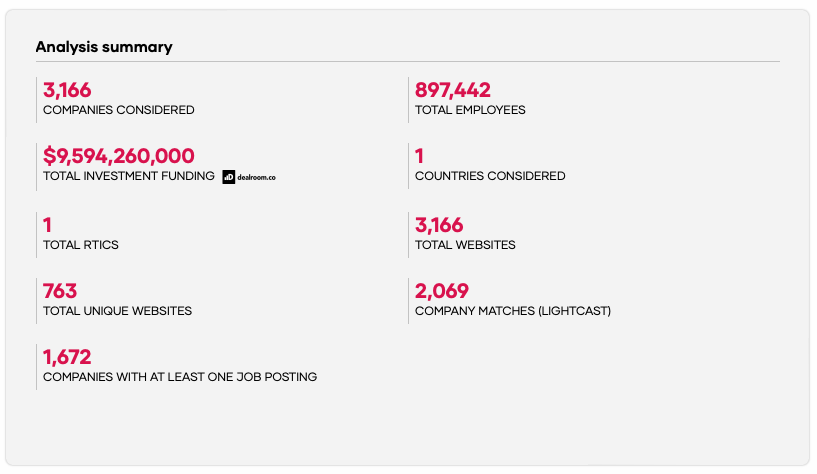
With ~3000 companies that are employing close to 900k individuals, whilst receiving a total $9.5 billion in investment funding, the United States houses a thriving AV industry.
One of the companies operating within this industry is Motional – which is a joint venture between automotive technology supplier Aptiv and vehicle manufacturer Hyundai.
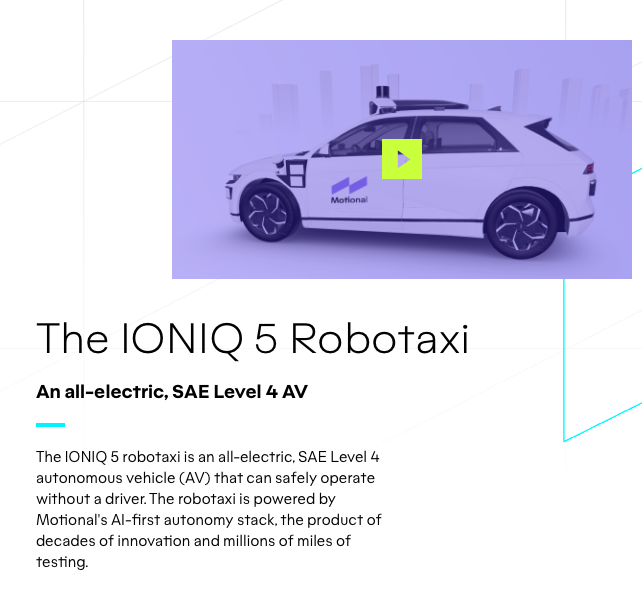
Through the company’s millions of miles of testing, Motional’s AVs are capable of operative at Level 4 autonomy, meaning they can handle most driving tasks without any human intervention
The future of transportation
The rapid advancement of AVs is no longer confined to the realm of film and science fiction. And, whilst industry giants like Tesla and Waymo are key players, our Global platform is seamless in identifying innovative and promising companies like Motional.
So, whether you’re tracking emerging market trends or identifying key upcoming players, our Global platform enables you to access real-time data and uncover actionable insights with ease.


